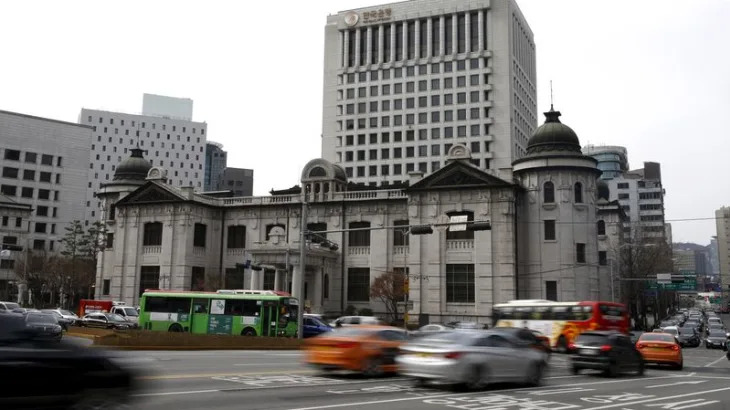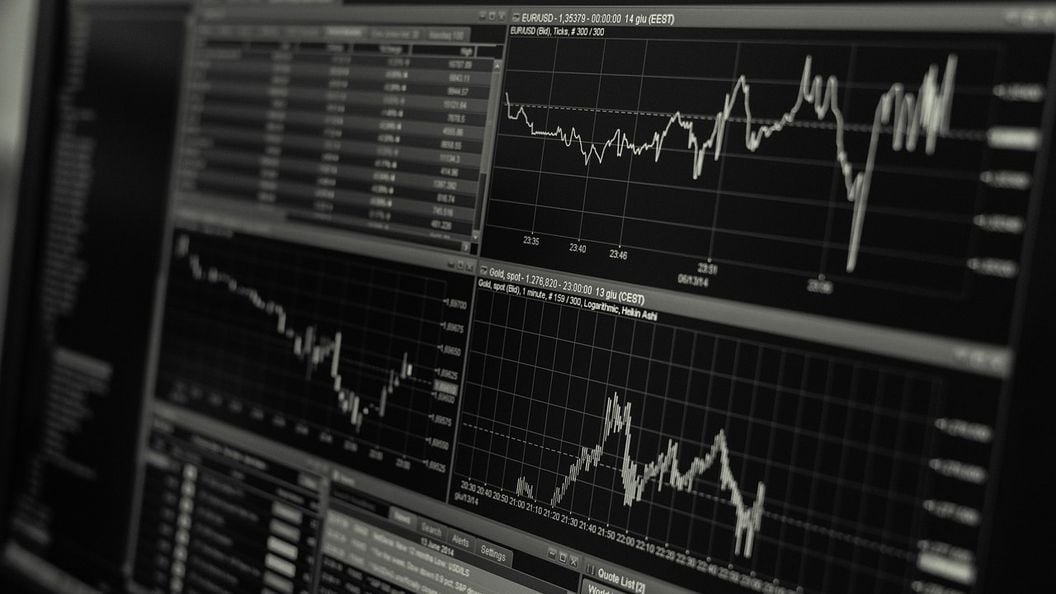(Bloomberg) -- The market is underpricing the potential magnitude of US interest-rate cuts in 2026, said the co-manager of a macro hedge fund that gained 76% last year.
Next year, President Donald Trump is expected to nominate a more dovish Federal Reserve chair, just as the economy softens on the back of a widening trade war, said Gao Bin of Kaifeng Investment Management, which oversees about $1.3 billion.
Rate prospects this year are clouded by uncertainty about how much Trump would follow through on his tariff threats and the resulting inflation picture.
“As long as there is inflation, rate cuts would not materialize this year,” said Gao, who is chief executive officer of the Hong Kong unit of the Shenzhen-based fund manager. “But next year, regardless of inflation trends, with a weakening economy, Trump would definitely push the Fed to cut rates.”
Kaifeng is increasing its bullish bets on Chinese risky assets, mostly equities, citing an improving internal and external environment, said the former head of Asia-Pacific rates strategy at Bank of America Merrill Lynch. It’s betting two-year US rates will go lower than that of the one-year, as a hedge against the risk of broader trade confrontations plunging the global economy into a recession.
Numbers released on Wednesday showed US inflation rose broadly. Fed Chair Jerome Powell cited the data to indicate the central bank has made substantial progress in taming price growth but still has more work to do. The S&P 500 initially fell before rebounding, while Treasury yields and the dollar spiked. The market scaled back expectations of further Fed rate cuts within this year.
However, the futures markets are pricing in fewer than two quarter-points of rate cuts by December and only about one more quarter-point decrease in 2026.
Gao and Kaifeng founder Wu Xing oversee the $50 million China-focused macro hedge fund, which posted hefty gains last year in part from active trading of futures in anticipation of US rates moving within a range and higher Japanese rates. Wu made his name trading commodity instruments before expanding into financial derivatives.
A chunk of the fund’s US rates trading last year involved the front-end of the yield curve, involving short-term rates.
Trump on Thursday directed his administration to propose country-by-country reciprocal tariffs to offset not only direct levies on US goods but also non-tariff barriers. That followed the imposition of 10% import taxes on Chinese goods and plans to slap 25% duties on all steel and aluminum imports next month.
It is unclear whether Trump is simply using threats as bargaining chips in negotiations. That makes it difficult to predict the inflation path within this year, Gao said.
“The US economy is strong,” he added. “But with the trade war, it is getting difficult for the US economy to remain strong in a year’s time.”
Bulk Commodities
The fund’s profitable trades last year also included bearish wagers on bulk commodities, due to China’s housing market slump, Gao said. The fund bet on lower rebar steel and iron ore prices as early as 2023, when new housing starts in China slowed while the government was still pushing for the completion of unfinished projects. By the first quarter of 2024, it broadened the short positions to glass for exterior decoration, as such efforts came to an end.
The fund’s bullish bets on Chinese stocks and short positions on the country’s government bonds paid off in September, when the MSCI China Index jumped 23% on Beijing’s pledge to stabilize housing and capital markets and rejuvenate the economy.
Steadying the stock market requires less support from the government than the housing sector, Gao said. Corporate fundamentals stopped weakening and the shift of government stimulus toward boosting household consumption, rather than infrastructure investment, will benefit stocks more than commodities. Combining that with foreign investors’ excessive bearishness in the past few years, Kaifeng is optimistic that the country’s equities would stage a stronger rebound than commodities this year.
Deficit Target
That optimism is tempered with caution. Investors are monitoring Beijing’s budgetary deficit target in March. A low goal would mean limited infrastructure spending, which would be more negative for commodities than stocks, he added.
Kaifeng cut the gross exposure of its two Hong Kong funds by more than 20% this year, on uncertainty in the early days of Trump’s second presidency, Gao said. Trump comes across as more transactional, but his off-the-cuff comments and China’s reaction could introduce huge uncertainty, he said.
Among the biggest cuts of the fund’s exposure were trades related to the global decarbonization drive, such as wagers on aluminum and copper to outperform from the transition to electric vehicles. There is fear that Europe and Japan might bow to US pressure and stall the switch to cleaner energy, Gao said.
Both of the macro funds Kaifeng manages out of Hong Kong also for now exited single stock investments in Chinese high-end manufacturing, such as makers of electric vehicles, robotics, drones, semiconductors and solar panels, out of fear they would be put on a US sanction list, he added. Most of the firm’s assets come from funds sold in China.
--With assistance from Ruth Carson.





